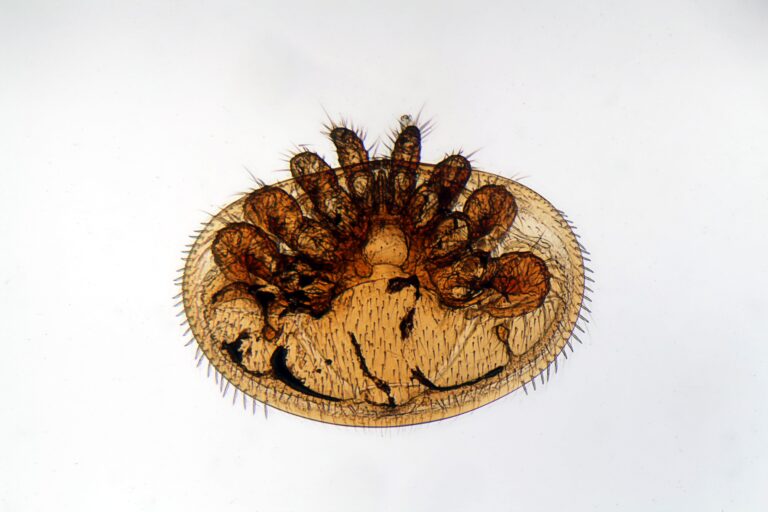Bee Smell: Perfume or Pong
Smell – I never really understood or appreciated its power. For whatever reason, there is a certain allure to touch, sight and taste that I don’t associate with the pursuit of the nose!

We’ve all heard of the transportive qualities of a smell; nineteenth-century French author Delphine de Girardin noted, “Instinct is the nose of the mind”.
Indeed, specific smells can take you back to specific times, places, people, and feelings. The scent of a certain flower might remind you of your mother. How freshly cut grass makes you feel new again, like the start of a weekend. Why a cheap perfume brings back your teenage years, and how a eucalypt recalls a certain place in the bush.
With this in mind, different animals have different ways of sensing the world, and – due to the fact that they live in huge colonies – honey bees need to have pretty sophisticated communication abilities that rely on certain senses to be well-developed.
Bees have a strong sense of smell compared to many insects; their olfactory antennae have 170 odour receptors (chemoreceptors) compared to flies, for example, which have 62 receptors. Bees’ strong sense of smell allows them to detect specific pollen-rich flowers and recall the relevance of this smell (usually, a food source).
Now, if you’re anything like me, you’ll associate lavender with your mum or grandma. My mum always keeps small lavender bags in the drawers, and bouquets of dried lavender hanging in the house – because of that, it’s a smell I love and cherish.
But there is a whole side to lavender I never knew about! My mum recently told me that lavender actually has incredible aromatherapy potential; its scent has been said to relax the mind, calm anxiety, and even act as a mild pain relief. No wonder I love that heat bag with the lavender sprinkled through so much!
But guess what, bees seem to feel similarly blissed out when sniffing on lavender. I was recently watching an ABC Catalyst show from 2016 about the effect of lavender on the bee’s brain. Professor of neurogenetics and development at Monash University Charles Claudianos explained that studies being conducted at the time showed that lavender caused changes to behaviour, memory and even DNA in bees, and it was their olfactory sense, or sense of smell, that made bees the perfect animal to study.
With this in mind, Monash University beekeeper William Kwan goes on to explain that, from his observation, the bees respond similarly to humans, enjoying and becoming more relaxed when introduced to scents of lavender and rose. In contrast, the bees in the study hated the smell of banana – or isoamyl acetate – which actually is an alarm pheromone in bees. In turn, when they smell this smell, they become aggressive and agitated. Incredible stuff!
So, just as bees love the colour purple, and hence love lavender, it is the soothing scent that they also revel in. Bee aromatherapy at its best!

